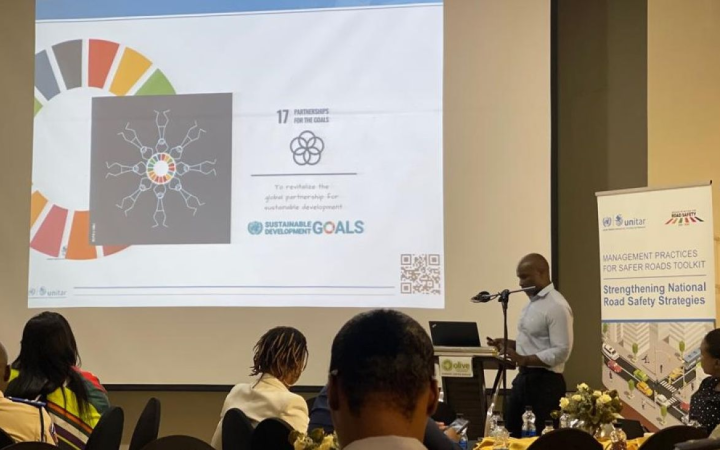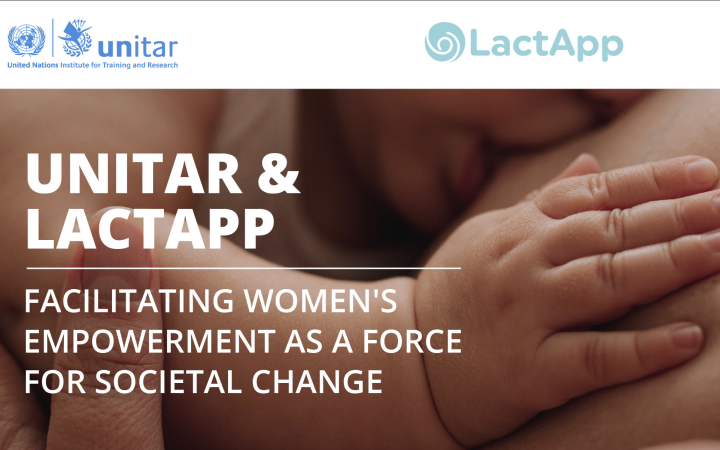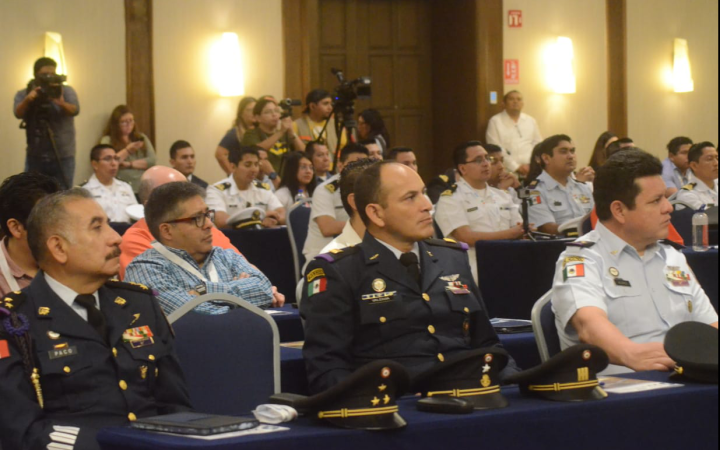The United Nations Climate Change Conference (Cop) is a forum where world leaders come together to collectively act towards achieving the climate goals agreed under the Paris Agreement and Convention.
This year’s conference, which took place in Sharm el-Sheikh, brought together six high-level roundtable sessions on cross-cutting issues, including food security, water security, finance, energy security, vulnerable communities, and transition from fuels. A tweet from Ambassador Mohamed Nasr, Director General for Climate, Egyptian, expressed his views behind the urgency behind the meeting being held. He said, “We’re having an energy crisis, a food crisis, a finance crisis, a debt crisis—and over and above, we have a climate impact crisis.”
As the world gears towards preparing leaders for a sustainable future, CIFAL Global Network and the Peoples Division are continuing their collaboration with its global partners to develop and implement innovative training and programs to equip future leaders with the skills and tools they need to be global change makers. Through this, we have been able to foster various knowledge hubs for upcoming leaders within the public and private sectors.
In the Road Safety project, for example, the unit has been collaborating with its network of partners to develop workshops, webinars, and other related events to bring awareness to the importance of road safety within the community. For instance, the partnership with CIFAL Durban to train 348 law enforcement officials from the Road Traffic Management Corporation (RTMC) from 4 cities within South Africa’s provinces. This initiative aimed at strengthening national capacities by developing local strategies to improve existing road infrastructure.
Another example is the CIFAL Merida team's development of a short manual and video about the 17 SDGs in the Mayan language. This initiative has significantly contributed to ensuring Maya-speaking communities, which comprise approximately 6 million indigenous people in Mesoamerica, including Mexico, Guatemala, Honduras, and Belize have exposure to and involvement with the sustainable development goals. By doing this, the initiative has allowed communities that may not speak one of the UN languages to participate in activities that are related to sustainable development.
Breastfeeding is another initiative that is hennaing future leaders through the development of the best knowledge-based tools for women. This was done in collaboration with various partners such as LactApp Women Health, who support and promote healthy and well-informed breastfeeding practices
CIFAL Merida is also actively enhancing future leaders through various projects. One of these initiatives is the joint seminar with National Oceanic and Atmospheric Administration and Airports Council International- Latin America & the Caribbean. The two-day seminar gathers 230 decision makers to collaborate on impact of hurricanes on airports, as well as to exchange best practices on disaster preparedness in the region.
As we end this article, remember that while we continue to expand, through the opening of new centers and the expansion of our e-learning courses, seminars, workshops, and the solutions that were leveraged during the Cop 27 summit, we look forward to seeing what the future holds. Together with the support of our global partners, we are edging closer to achieving the United Nations 2030 Agenda for Sustainable Development together.




